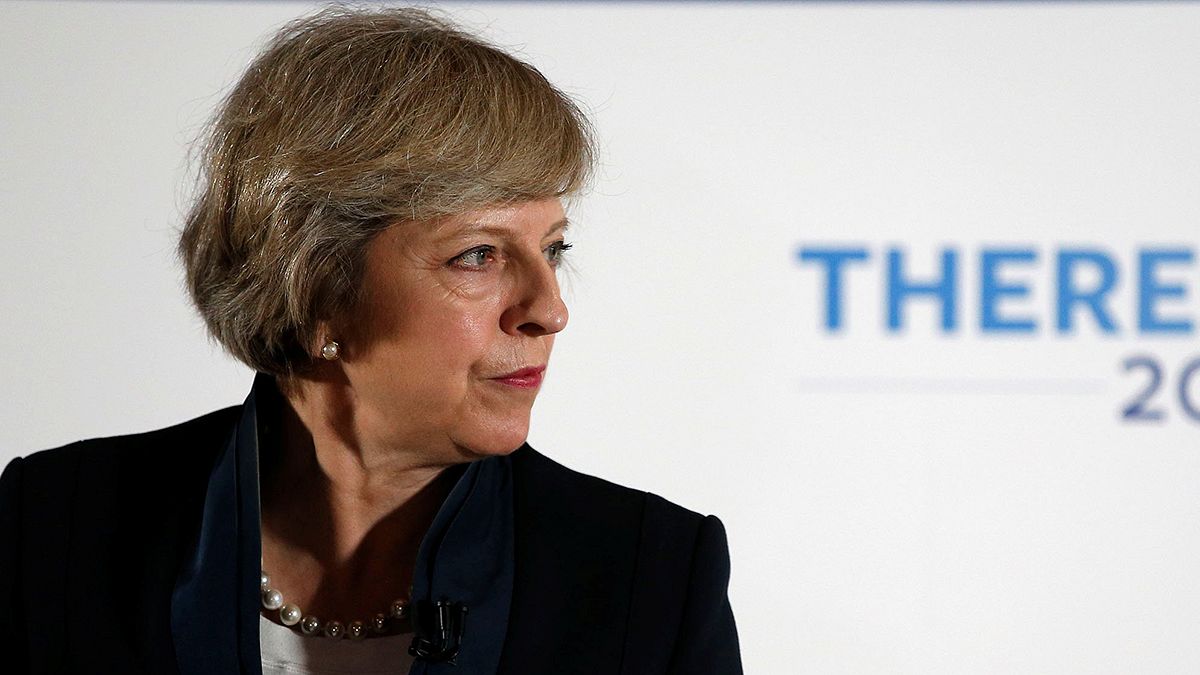A look at what Theresa May said about Brexit before becoming Britain's prime minister
Brexit has dominated Theresa May’s stint as British prime minister. It could also be her downfall.
She has battled to reconcile opposing factions within her own Conservative party on how the UK should quit the European Union and also honour the country’s 2016 Brexit referendum.
One of the biggest challenges has been to convince Tory Brexiters that she really wants to leave the Brussels club.
Why?
That is because prior to the referendum, she campaigned to remain in the EU.
She wasn’t one of the most vocal figures of the debate, but she stuck to the government line: that Britain would be better off remaining part of the European Union. As a high-level cabinet minister (May was the longest-serving Home Secretary for over a century), this is not surprising.
She warned UK voters that Brexit could have seriously damaging effects on the economy, the security, and even the current form of the United Kingdom.
Though often quiet during the campaign, May said that leaving the EU would be “fatal for the Union with Scotland”, as the Scottish National Party (SNP) would most likely try again for independence if Scotland voted to remain while the UK as a whole voted to leave.
And she was proven correct, at least to some extent. Leader of the SNP and First Minister of Scotland’s devolved parliament Nicola Sturgeon has already made it clear that she wants to explore the options available to Scotland. Sturgeon has said that she does not accept that Scotland must leave the EU with the rest of the UK, and said “all options must be on the table”.
May also said that whatever the outcome of the referendum, the UK should leave the European Court of Human Rights (ECHR).
She highlighted the problems that the ECHR had made for her as Home Secretary, including delaying the extradition of Abu Hamza, nearly stopping the deportation of Abu Qatada, and when the ECHR “tried to tell Parliament that – however we voted – we could not deprive prisoners of the vote”.
These comments, along with others suggesting that the UK could easily be successful outside of the bloc, suggest May is far from being a committed Europhile.
But she did maintain that “security, trade and the economy” are the “big, future challenges” that would face the UK after the referendum.
She said that access to the European Arrest Warrant and other legal tools meant that “my judgement, as Home Secretary, is that remaining a member of the European Union means we will be more secure from crime and terrorism”.
May also warned about the economic consequences of Brexit, highlighting the World Trade Organisation rules that “would oblige the EU to charge ten per cent tariffs” on some UK exports, and while not all tariffs are so high “some are considerably higher”. This would be the case, she says, until a trade deal with the EU can be reached.
But despite these pre-Brexit words, she seems to have accepted the result of the referendum.
But one huge issue that May did not touch on during the referendum campaign was immigration.
As Home Secretary, she has been responsible for tough measures designed to reduce the levels of migration into the UK. These included a minimum income requirement, which means British citizens cannot bring spouses or children to the UK unless they earn the equivalent of over €22,087 a year.
